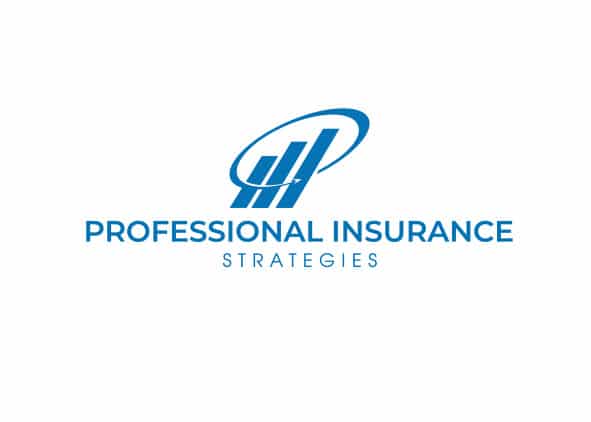Navigating the Insurance Landscape: A Guide by Top Local Insurance Agent Phoenix AZ
Quote Now Finding an Insurance Agent Phoenix AZ, a bustling metropolis in the heart of the desert, presents unique challenges and opportunities when it comes to choosing the right insurance. As experienced insurance agents based in Phoenix, AZ, we’re here to guide you through navigating these waters, ensuring you find coverage that meets your needs perfectly. Why…
